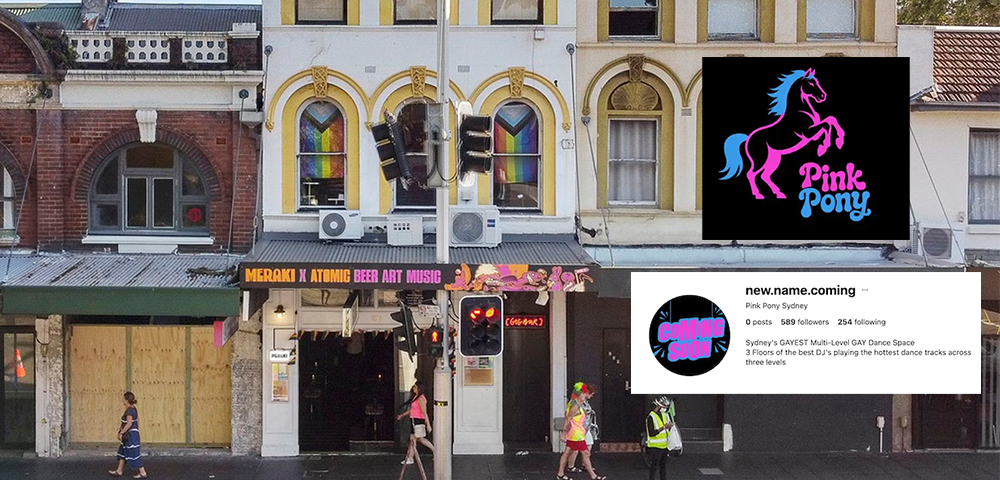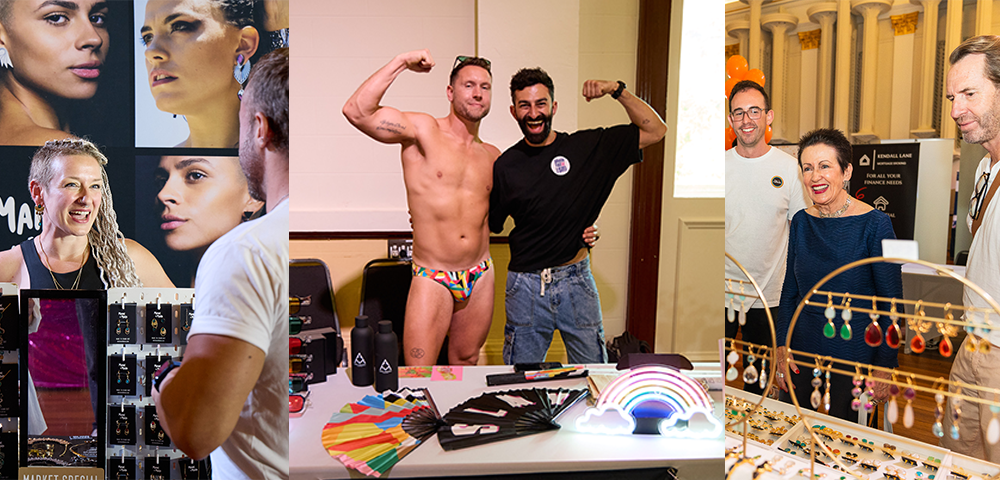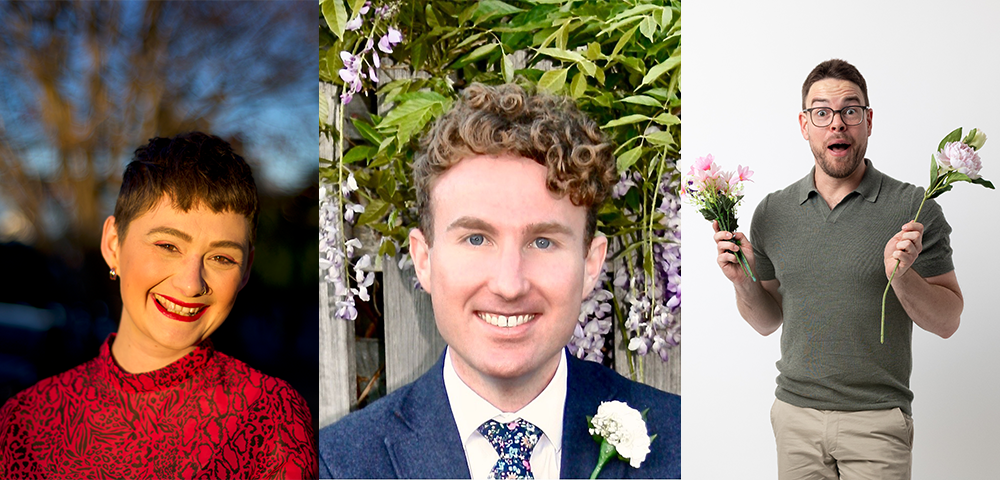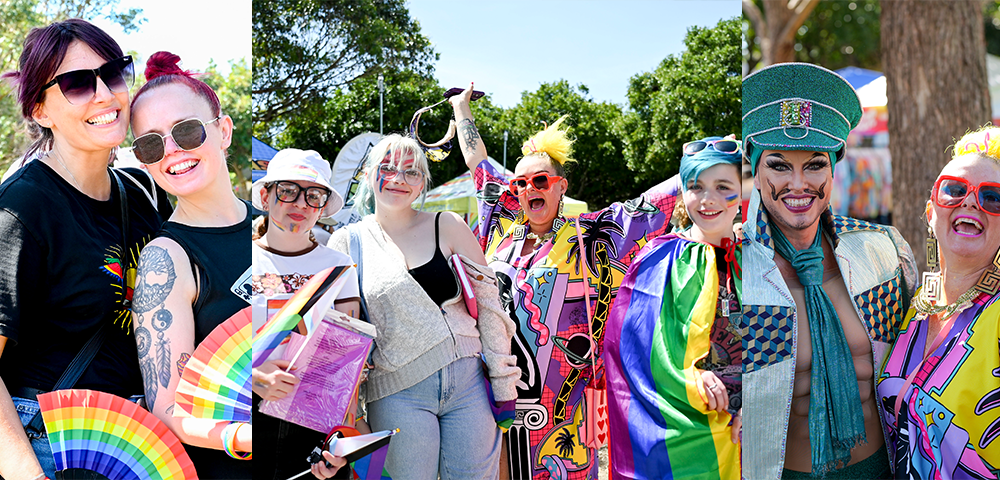
Reforms to censor internet
Serious concerns have been raised over the Rudd Government’s plan to restrict adult pornography and inappropriate content on the internet.
Government plans to provide a censored version of the internet to combat child pornography and violent websites have raised concerns over broadband speeds, cost and privacy.
The policy appears designed to placate Family First Senator Steve Fielding, who continues to control the balance of power in the Senate, and who has long championed a clean internet feed. His office said the party supported Labor’s proposals.
Communications Minister Senator Stephen Conroy said the Government wants to ensure Australian parents can access a clean feed internet service.
The Government policy applies to computers in homes, schools and libraries and targets child pornography and ultra-violent sites, he said.
These will be identified by the Australian Communications and Media Authority (ACMA) and blocked by internet service providers (ISPs).
Customers wanting unfiltered access will have to specifically request it from their ISP.
Greens Senator Rachel Siewert said she was worried about civil liberties. She was especially concerned about the need for users to identify themselves to get an unfiltered feed.
One would have thought it should have been the other way around. If, as a parent, you’re worried about your children accessing adult porn, then you would ring up and get the filter put in place, she said.
Opposition communications spokesman Bruce Billson called the plan a headline-chasing proposal that lacks the hard work needed to bring forward a thoughtful plan.
He said technologies aiming to achieve a clean feed had proven unsustainable, creating an unacceptable deterioration in network performance, while being relatively easy to get around.
A study carried out in 2006 for former Communications Minister Helen Coonan showed ISP-level filters cut network speeds by 18-78 percent, and were frequently inaccurate, expensive and difficult to set up and maintain.
The UK clean feed provided by British Telecom -“ cited by Senator Conroy as a successful model -“ was circumvented by researchers in Cambridge only last week.
Some of the pitfalls of filtering were illustrated recently, when Vodafone UK began filtering mobile internet access, resulting in the blocking of many non-sexual sites with the word gay in their web address, including UK Gay News and New York’s Gay City News.
Senator Conroy said clean feeds were only one part of the cyber-safety policy.
This -¦ includes education programs for parents and teachers as well as children, home-based filters, greater resourcing for policing illegal content, establishment of a youth advisory group -¦ on cyber-safety issues, and further Australian research into the changing digital landscape, he said.
The Minister said ACMA would complete a substantial trial on all aspects of ISP-level filtering by the end of June.
The 2006 study estimated set-up costs for a full system at up to $79 million, plus a minimum of $34 million per year to run.
Electronic Frontiers Australia has a full critique of the government’s proposals at http://www.efa.org.au.
From bnews -“ www.bnews.net.au









